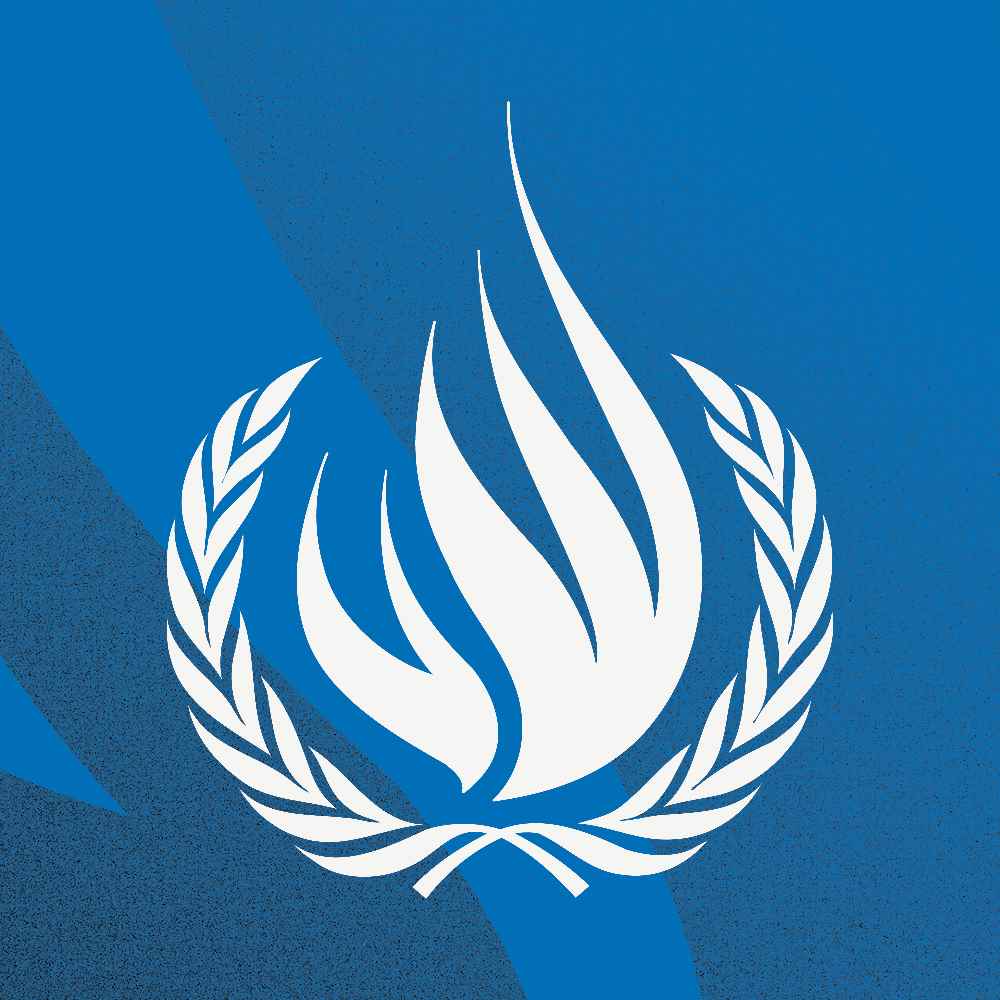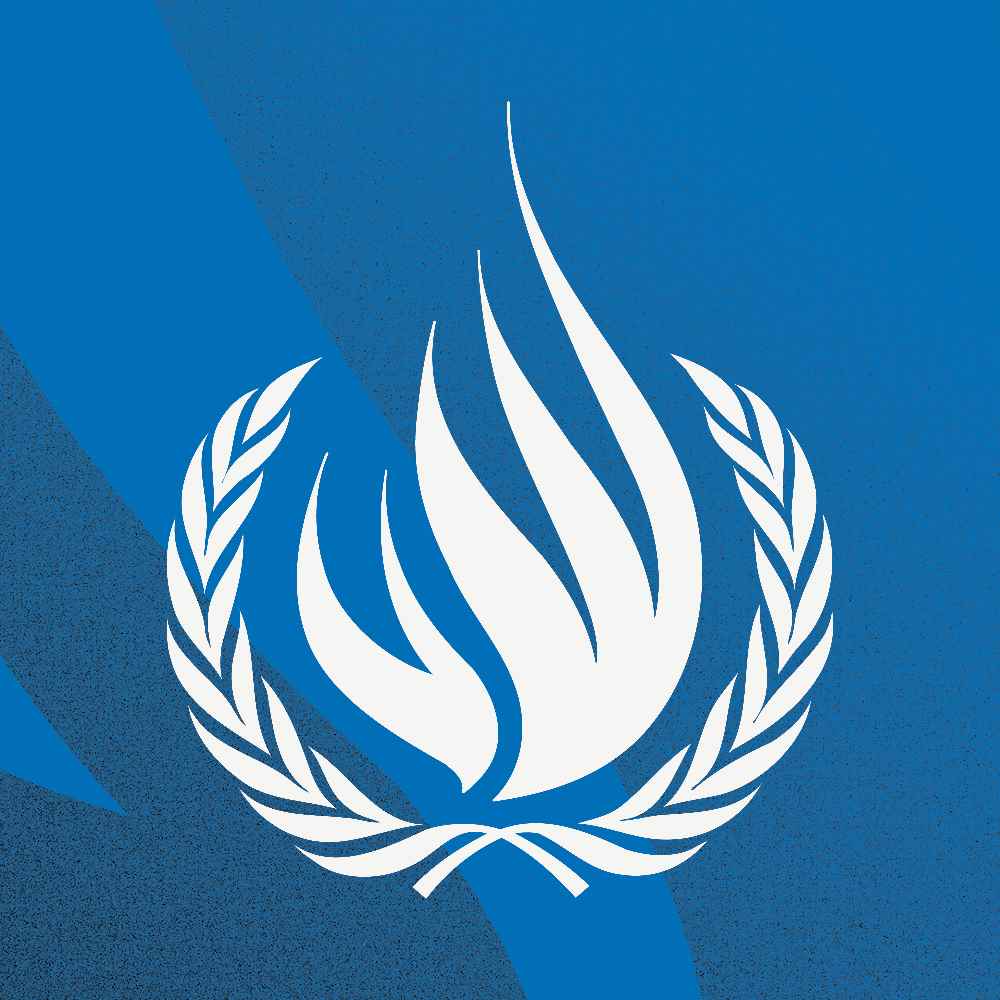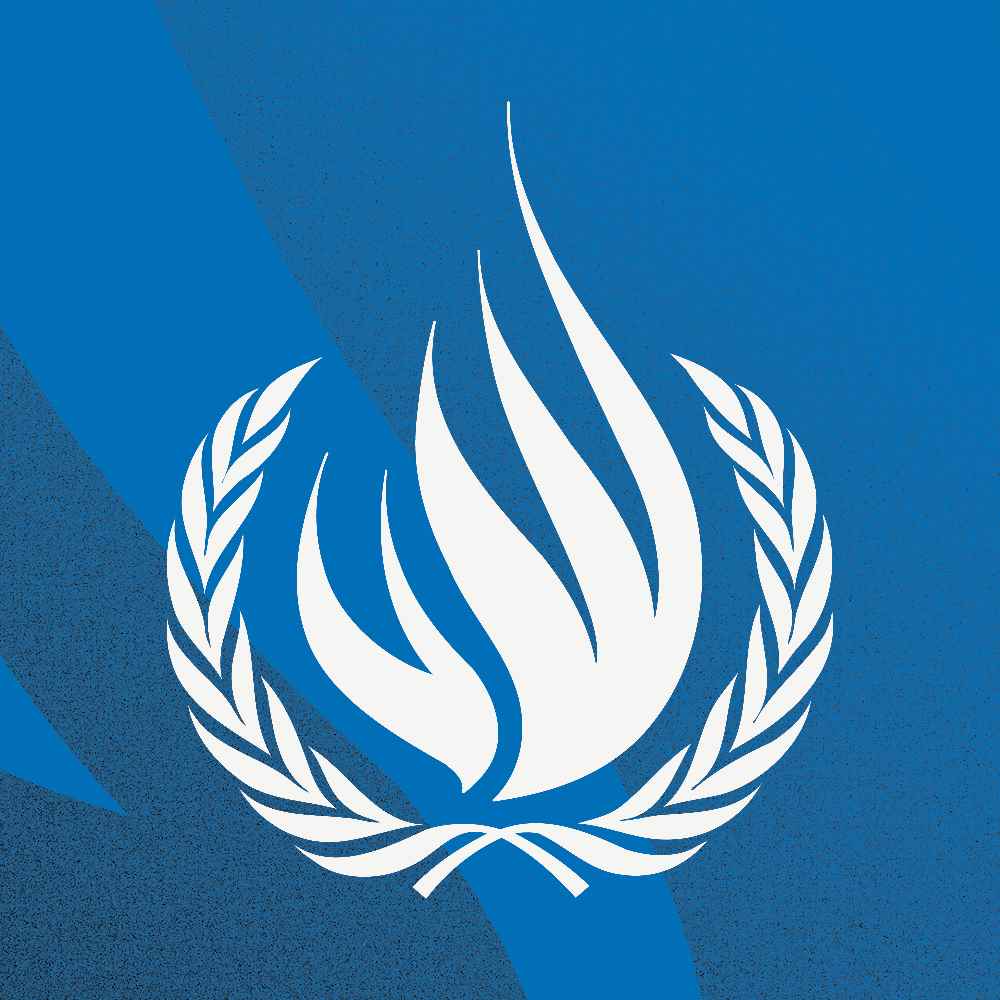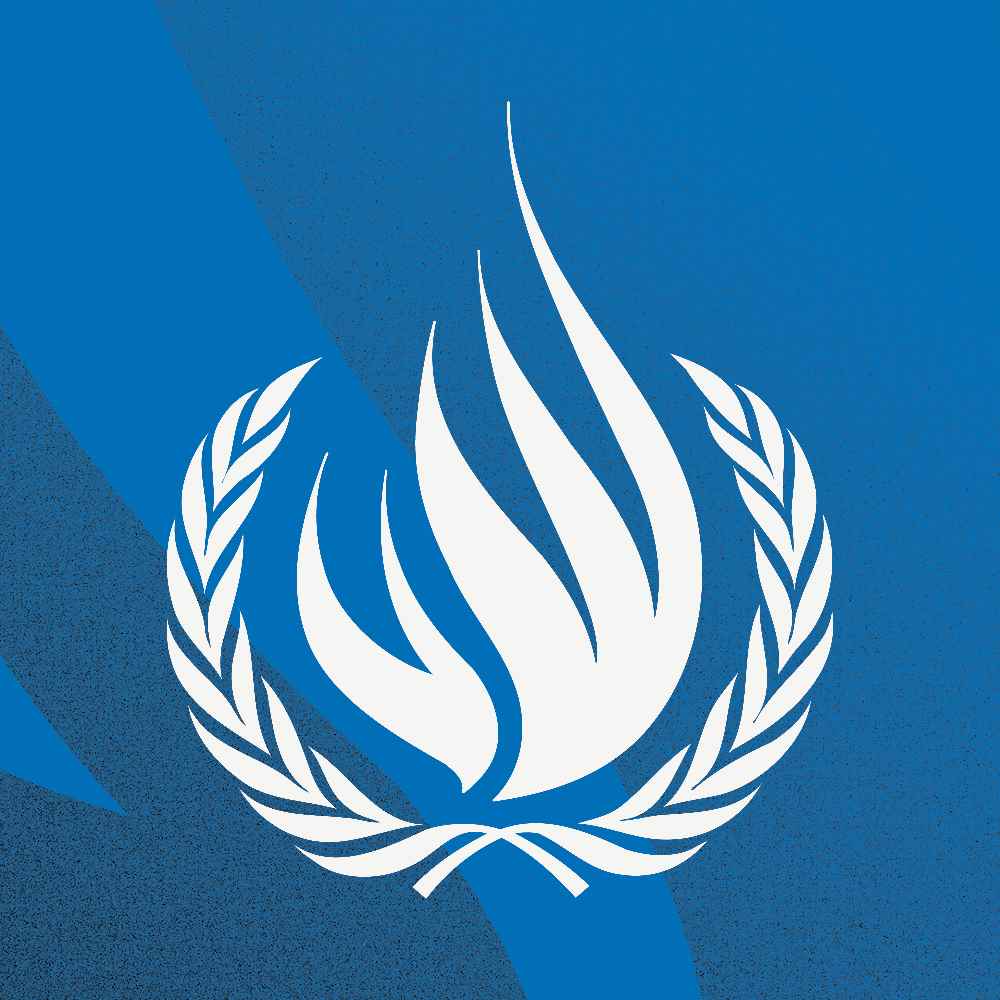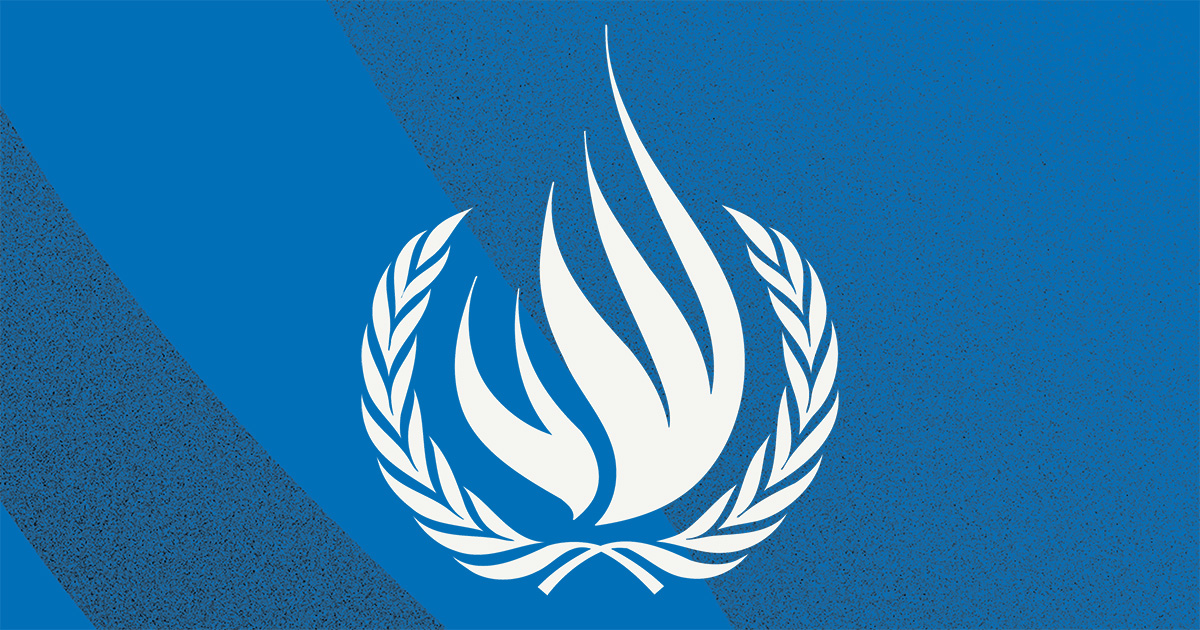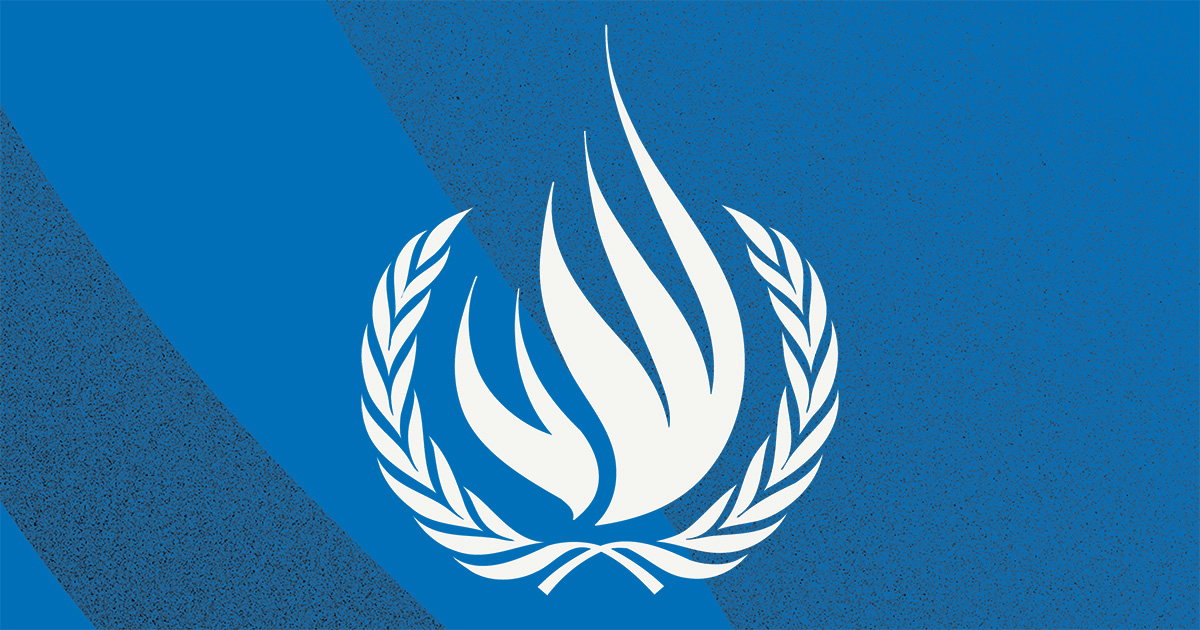
GENEVA (19 September 2023) – Companies and States should ensure unimpeded flow of medicine and medical goods to countries under sanctions to save lives and minimise suffering,” the UN Special Rapporteur on unilateral coercive measures and human rights Alena Douhan said today.
The expert received information about a recent decision by a Swedish company, Mölnlycke Health Care AB, to discontinue the deliveries of medical bandages for Belarusian patients of epidermolysis bullosa (EB), following the expansion of unilateral sanctions against this country. The expert has previously contacted the company to express her concerns about similar conduct affecting EB patients from other countries under sanctions, including Iran, and has received no response.
“Under current unilateral sanctions regimes, goods of humanitarian nature, including food, medicines and medical equipment, are formally exempted from any restrictions. However, in reality, the complexity and vagueness of unilateral sanctions regulations and the criminalisation of alleged violations or circumvention of such regimes have exacerbated fear among state and non-state actors and businesses, resulting in over-compliance and interruption of otherwise permitted activities, with catastrophic consequences on peoples’ lives and well-being,” Douhan said.
There are currently 124 Belarusian patients with Epidermolysis Bullosa (EB) – a rare inherited skin disorder that causes the skin to become very fragile. Any skin friction can result in painful blisters. Treatment of this condition requires the application of specialised silicone-based dressings produced exclusively by Mölnlycke, without any other known alternatives. Information received by the expert indicates that due to the discontinuation of deliveries, the remaining stock in Belarus can only cover needs until October.
“Dressings applied to wounds on the skin of EB patients must be changed frequently, which results in further damage, bleeding and pain. Silicone-based dressings minimise these effects while facilitating healing, therefore unimpeded delivery of bandages is vital,” the expert said.
“I recall that the right to health is reaffirmed in a number of international human rights instruments, while one’s deprivation of adequate medical care is an affront to human dignity and may amount to torture or inhuman treatment, not to mention the apparent life-threatening consequences,” she said.
The expert reminded States and businesses of their obligation to ensure respect and protection of all human rights in accordance with international law, with particular reference to the Guiding Principles on Business and Human Rights.
“I wish to echo the repeated calls by the UN Secretary General for cooperation and solidarity among States in health-related matters,” she said.
“This and many similar situations, however, demonstrate the inefficacy and ineffectiveness of existing humanitarian exemptions and derogations preventing people from the enjoyment of a broad scope of human rights, especially the right to health, the right to life and to live without suffering,” Douhan said.
“I urge Mölnlycke Health Care AB to review its decision and urgently resume the deliveries of bandages for the EB patients in Belarus. I call on all States that impose sanctions to take all necessary measures to ensure unhindered supply of life-saving medicines and medical equipment to Belarus, by lifting any sanctions-induced operational restrictions” she said.
The Government of Sweden has been informed about this particular case, and the expert expresses her appreciation for the Government’s previous constructive engagement regarding the situation of EB patients in other countries under sanctions.
ENDS
Ms Alena Douhan (Belarus) was appointed as Special Rapporteur on the negative impact of the unilateral coercive measures on the enjoyment of human rights by the Human Rights Council in March 2020. Ms. Douhan has extensive experience in the fields of international law and human rights as, a Professor of international law at the Belarusian State University (Minsk), a visiting Professor at the Institute for International Law of Peace and Armed conflict, (Bochum, Germany) and the Director of the Peace Research Centre (Minsk). She received her PhD at the Belarusian State University in 2005 and obtained Dr. hab. in International Law and European Law in 2015 (Belarus). Ms. Douhan’s academic and research interests are in the fields of international law, sanctions and human rights law, international security law, law of international organizations, international dispute settlement, and international environmental law.
The Special Rapporteurs, Independent Experts and Working Groups are part of what is known as the Special Procedures of the Human Rights Council. Special Procedures, the largest body of independent experts in the UN Human Rights system, is the general name of the Council’s independent fact-finding and monitoring mechanisms that address either specific country situations or thematic issues in all parts of the world. Special Procedures’ experts work on a voluntary basis; they are not UN staff and do not receive a salary for their work. They are independent from any government or organization and serve in their individual capacity.
For more information and media requests please contact: Damianos Serefidis (damianos.serefidis@un.org and hrc-sr-ucm@un.org)
For media enquiries regarding other UN independent experts, please contact: Dharisha Indraguptha (dharisha.indraguptha@un.org)
Follow news related to the UN"s independent human rights experts on Twitter @UN_SPExperts
Concerned about the world we live in?
Then STAND UP for someone"s rights today.
#Standup4humanrights
and visit the web page at http://www.standup4humanrights.org




